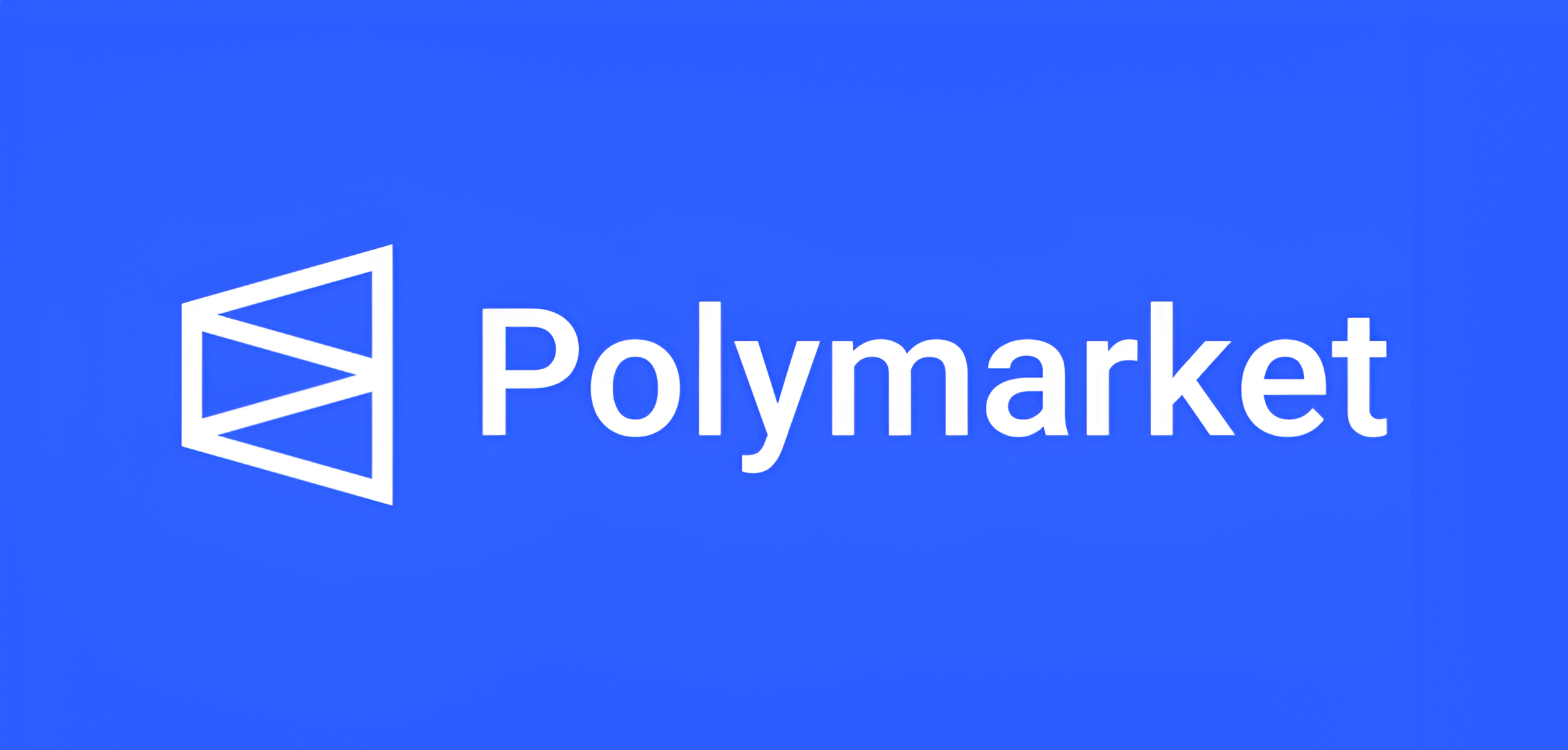Decentralized prediction market Polymarket has announced the acquisition of QCEX, a U.S.-licensed derivatives exchange and clearinghouse, for $112 million—a strategic move marking the platform’s return to the U.S. after a more than two-year absence.
QCEX, based in Boca Raton, Florida, operates under the oversight of the Commodity Futures Trading Commission (CFTC). The acquisition positions Polymarket to operate within full regulatory compliance as it eyes a comeback in the American market.
A Regulated Future for Decentralized Betting
Polymarket allows users to bet on real-world outcomes, ranging from political elections to sports results. The platform has experienced massive growth recently, recording over $15 billion in trading volume over the past year, according to analytics provider Token Terminal.
With the acquisition of QCEX, Polymarket is laying the groundwork for a compliant U.S. relaunch. “With the acquisition of QCEX, we are laying the foundation to bring Polymarket home — re-entering the US as a fully regulated and compliant platform that will allow Americans to trade their opinions,” said Shayne Coplan, founder and CEO of Polymarket, in a statement.
Polymarket’s Regulatory Troubles Behind Them
Polymarket’s exit from the U.S. in January 2022 followed a settlement with the CFTC, which had charged the company for offering unregistered binary options trading. Polymarket paid a $1.4 million fine and subsequently geo-blocked U.S. users.
However, the regulatory tide appears to be turning. Bloomberg reported on Tuesday that both the U.S. Department of Justice (DOJ) and the CFTC have closed their investigations into whether Polymarket had continued to allow U.S. residents to trade on its platform.
A Strategic Comeback
The acquisition of QCEX could mark a significant shift in the regulatory landscape for decentralized prediction markets. With a fully licensed exchange under its belt, Polymarket is now poised to reintroduce its services to American users—this time within the bounds of U.S. law.
The move could potentially open the floodgates for broader adoption of prediction markets in the U.S., offering a regulated venue for opinion-based trading amid a growing appetite for alternative investment products.


